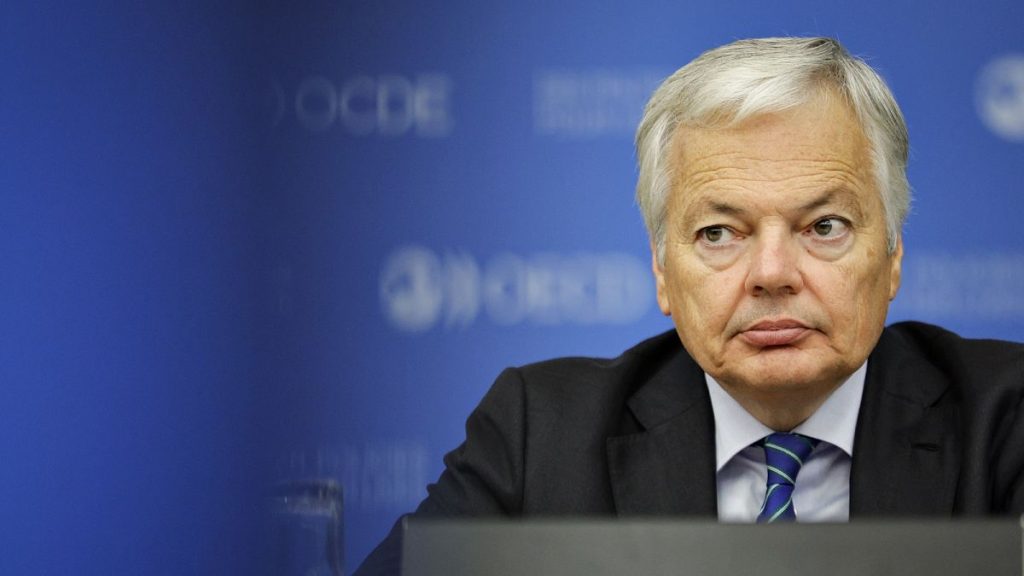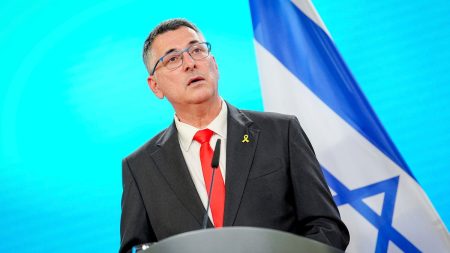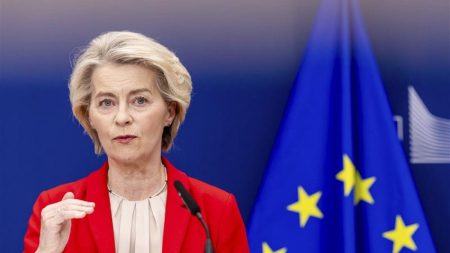Didier Reynders, a prominent Belgian politician and former European Commissioner for Justice, has found himself embroiled in a scandal involving allegations of money laundering. Belgian authorities suspect that Reynders has engaged in a scheme that misused lottery tickets and cash sources of unknown origins. As a result, he has been interrogated by prosecutors, and various properties linked to him have been subjected to police raids. Despite the gravity of the accusations, Reynders has not publicly addressed the claims, leaving many questions regarding his involvement and the validity of the allegations.
Born in Liège, Reynders developed a legal background before he transitioned to politics, culminating in significant roles within the Mouvement réformateur (MR), a liberal party in Wallonia. His career trajectory took off when he served as Belgium’s Minister of Finance from 1999 to 2011, navigating the turbulent waters of Belgian politics while working under four different prime ministers. His profile rose as he successfully assumed the role of party chairman and acted as an intermediary during political stalemates in the country, notably following the elections in 2007 and 2011. Following his tenure in fintech, he became the Minister of Foreign Affairs, a position he held until 2019, before attempting to secure the position of Secretary General of the Council of Europe, which he ultimately lost.
After his failure to secure the Council of Europe position, Reynders was nominated to be Belgium’s European Commissioner under Ursula von der Leyen’s leadership. However, shortly after this nomination, he became the subject of a police investigation tied to corruption and money laundering allegations stemming from a former secret agent’s claims regarding malfeasance. The accusations included the alleged laundering of money through the sale of art and real estate deals involving shell companies situated in tax havens. The investigation, which generated considerable news coverage in Belgium, concluded unfavorably for Reynders, as it was dropped shortly before his confirmation hearing at the European Parliament, where he denied all wrongdoing.
Upon taking office in December 2019, Reynders’ responsibilities as European Commissioner for Justice became notable primarily due to his defense of the rule of law in Poland and Hungary, both of which faced accusations of democratic erosion. Reynders strongly opposed judicial reforms in Poland that undermined independence and accountability within the judiciary, leading to the Commission’s legal actions against these reforms alongside the freezing of significant EU funds earmarked for Poland. His confrontations with the Polish government sparked discussions about the potential for “Polexit,” although a judicial ruling and the victory of a pro-EU coalition later eased some tensions.
In addition to his work with Poland, Reynders faced off against Hungary’s government, led by Viktor Orbán, concerning numerous issues ranging from respect for the rule of law to LGBTQ rights and public procurement integrity. The European Commission initiated multiple lawsuits and penalties against Hungary, which resulted in the freezing of billions in EU funds until a compromise was reached after Hungary’s introduction of a judicial reform in late 2023. However, this compromise led to backlash from the European Parliament, accusing the Commission of bypassing due process in its negotiations, further complicating Reynders’ position.
Despite his efforts to enhance his profile as a defender of the rule of law, Reynders’ aspirations to secure another high-level position faced disappointment as he unsuccessfully competed for the Secretary General of the Council of Europe again in 2024. Shortly after his term as Commissioner ended, Reynders experienced a dramatic decline in fortunes when Belgian police executed a raid on his residence. His situation up to this point raises concerns regarding his political future and the ongoing implications of the allegations against him as he navigates the fallout from this unexpected criminal investigation in the midst of his distinguished career.














